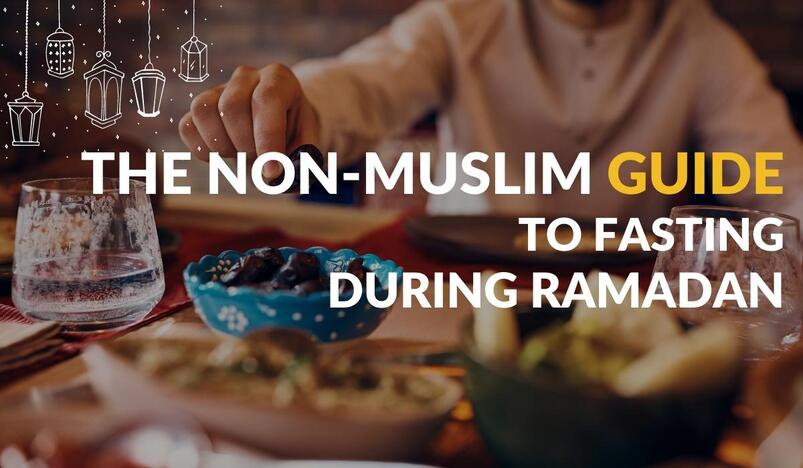
The Non-Muslim Guide to Fasting During Ramadan
Ramadan Mubarak!
The fasting period this Ramadan is from March 23 to April 21. Regardless of your belief system, fasting for a month, from sunrise hours until sunset, is a challenge. Muslims all around the world observe this holy month by abstaining from food and water for around 14-17 hours. It is, however, not limited to them and can be observed by Non-Muslims as well. So if you’re attempting to fast, or want to be informed on what to do during this period, here is a guide to fasting during Ramadan.
When to Fast
Fasting begins before sunrise, so the most helpful guides to when it really begins will be the prayer times. Finding this is not difficult, a simple google search yields the results of Fajr and Maghreb.
To eat before fasting begins, people wake up a good hour or half an hour and eat a hearty meal called Suhoor, which may consist of soup, fruit, coffee, bread or other dishes depending on the locality.
After the fasting period, the families come together to break the fast with a meal called Iftaar which is a delicious meal starting with dates, fruits and fried snacks, before moving on to heavier dishes.
The Do’s and Don’ts if you’re not observing Ramadan:
The Do’s and Don’ts if you are observing Ramadan:
This period of fasting teaches those observing it the importance of patience and humility. It is a challenge for all those who follow it, but it is an experience that is worth going through, which is also why people continue to observe this holy month every year.
.jpg)
Qatar Secures Place Among the World's Top 10 Wealthiest Nations
.jpg)
Hamad International Airport Witnesses Record Increase in Passenger Traffic

Saudi Arabia: Any visa holder can now perform Umrah

What are Qatar's Labour Laws on Annual Leave?
Leave a comment